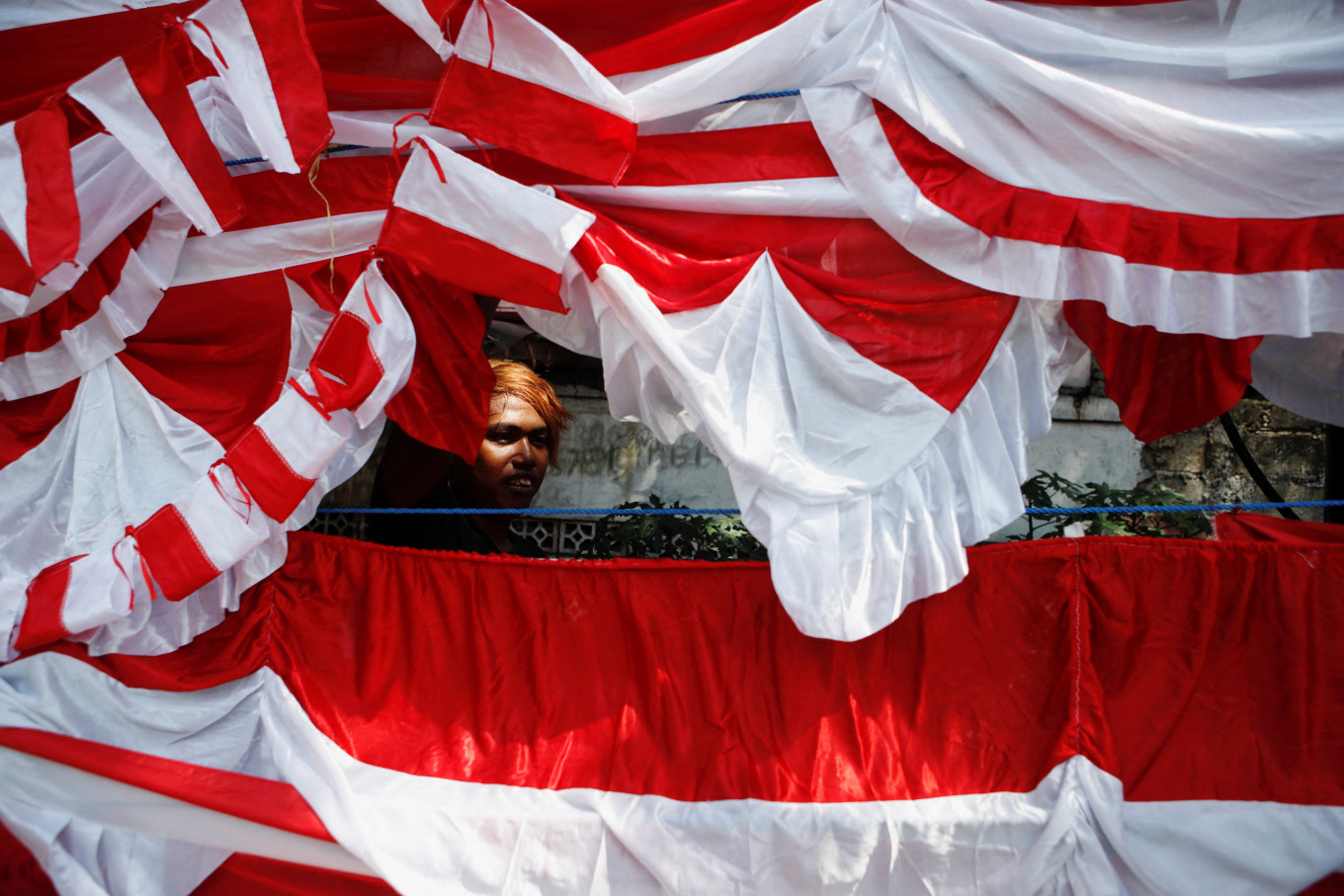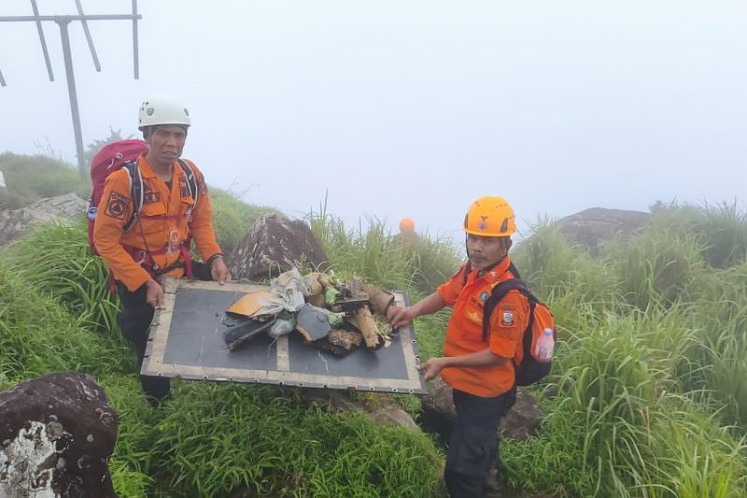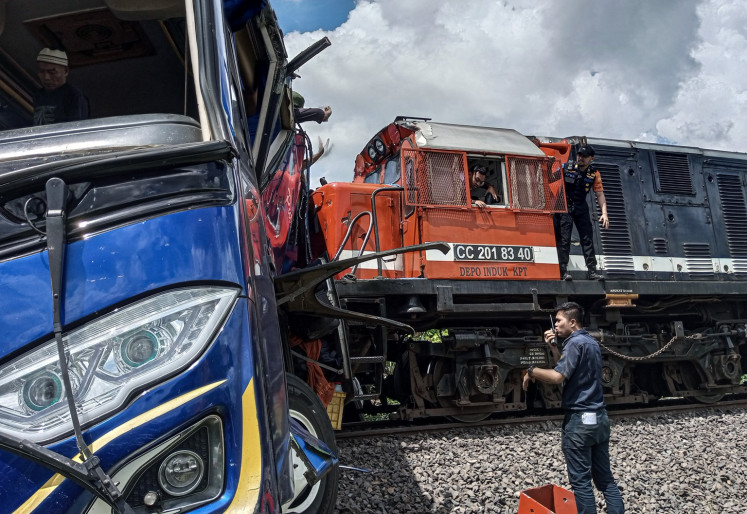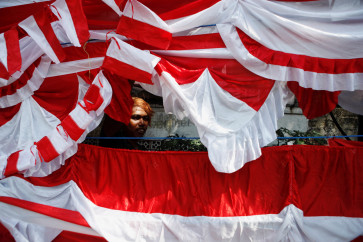Popular Reads
Top Results
Can't find what you're looking for?
View all search resultsPopular Reads
Top Results
Can't find what you're looking for?
View all search resultsQuo vadis, Indonesian nationalism?
Change text size
Gift Premium Articles
to Anyone
I
ndonesia’s sense of nationalism, despite having managed to keep a diverse range of peoples, cultures and beliefs together in a singular ark for nearly 80 years, remains largely superficial and full of paradoxes, according to analysts drawn from academia, civil society and the private sector.
As Indonesia prepares for its 77th Independence Day anniversary on Aug. 17, The Jakarta Post held a focus group discussion among Indonesians from different professional backgrounds to ponder where nationalism is headed amid the country’s growing problem of intolerance.
From the outset of the discussion, the speakers were acutely aware that the youth of today lead lives that are largely different from their own experiences, going beyond the notion that national boundaries dictate their civic duties and allegiances to the imagined community of Indonesia.
Most of the speakers were of the opinion that the reigning paradoxes of nationalism in the country have made it toxic and harmful for human rights to flourish – thus making it harder to be accepted in the “wokeness” of contemporary society. The speakers said more work needed to be done to deconstruct and redefine nationalism for the next generation of Indonesians who will inherit the keys to the next 77 years of nation-building.
The following are excerpts from the discourse:
Question: How would you define nationalism?


















